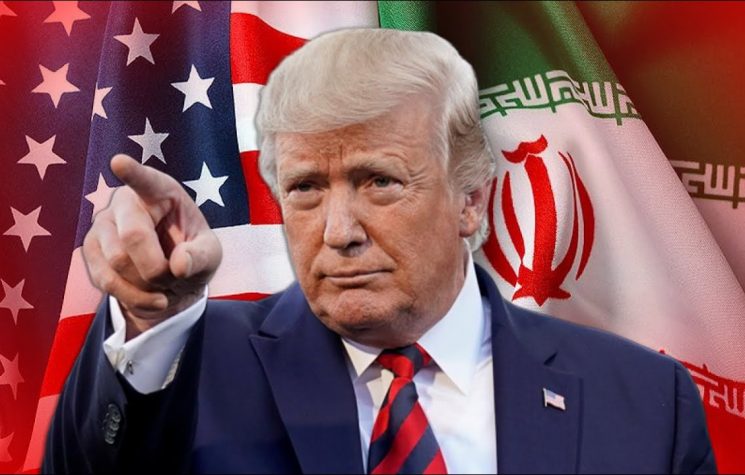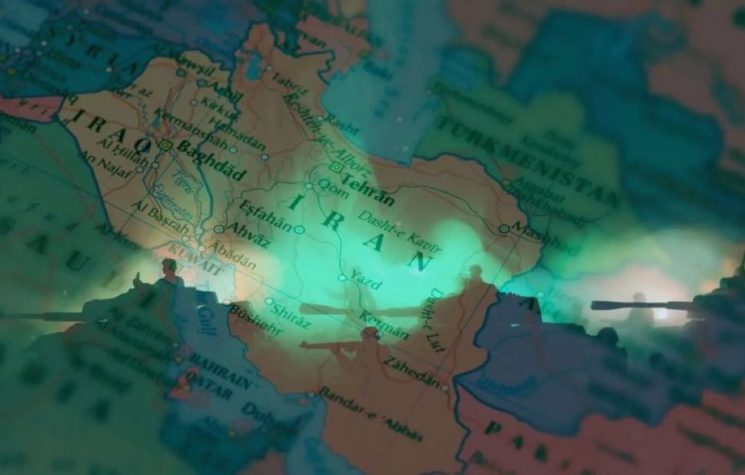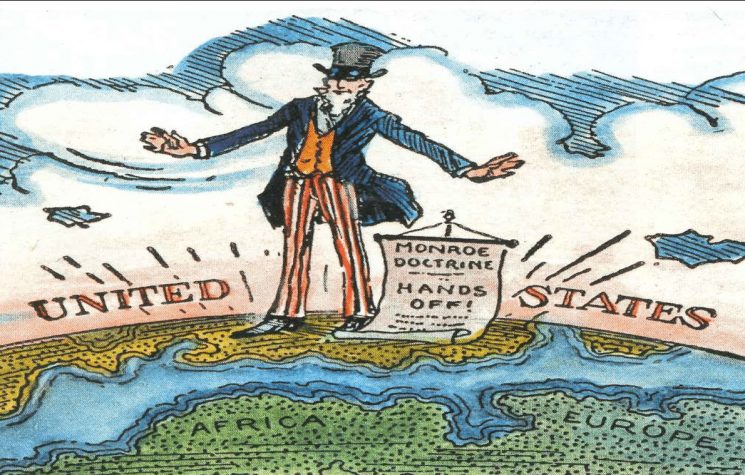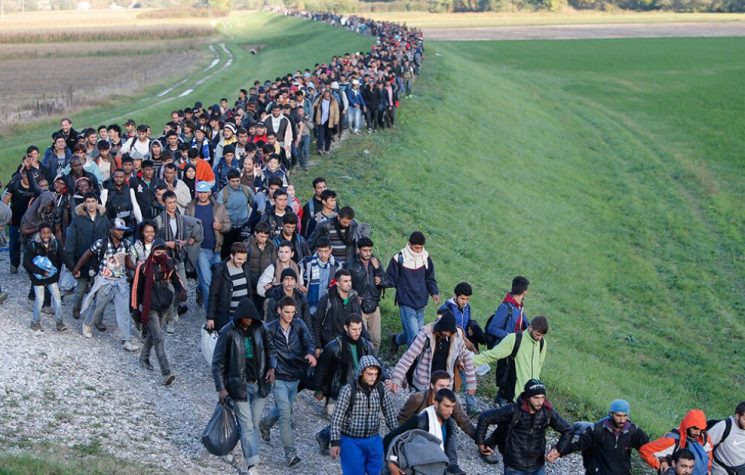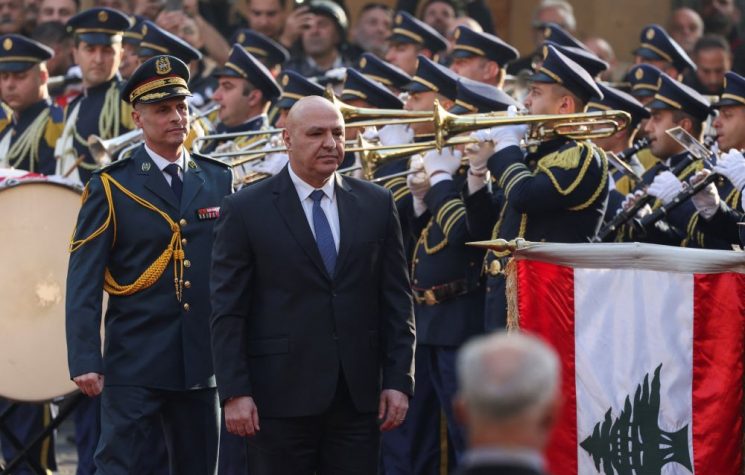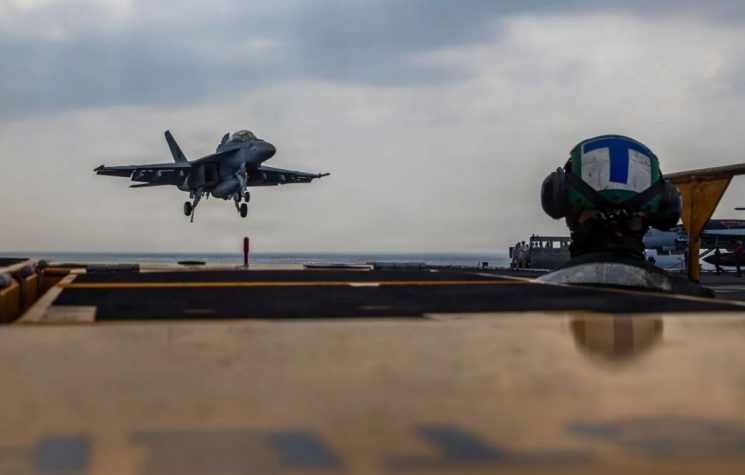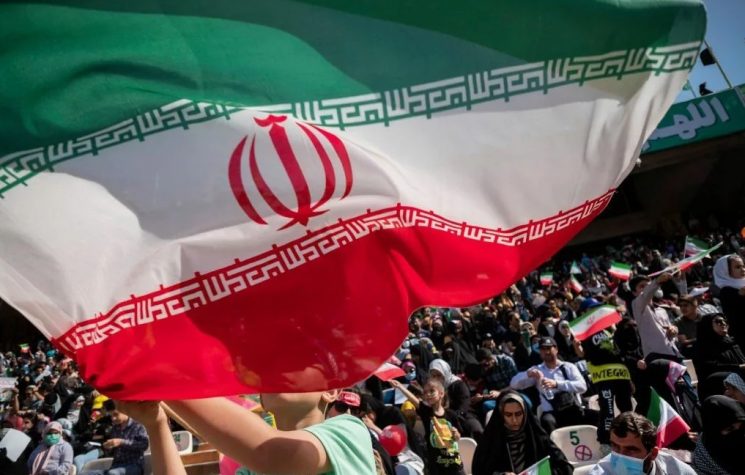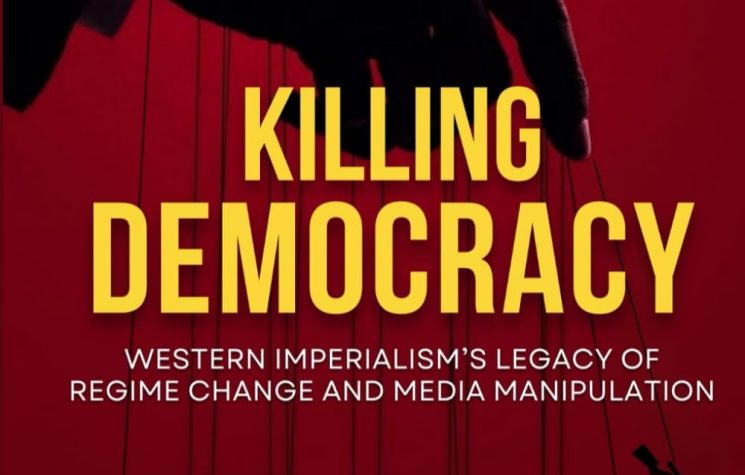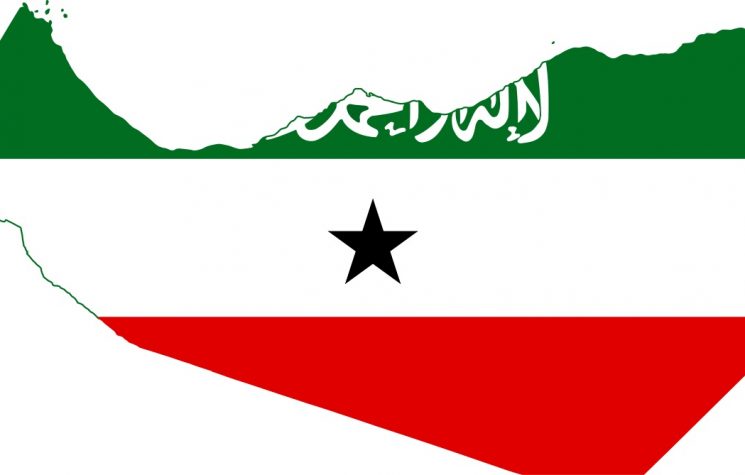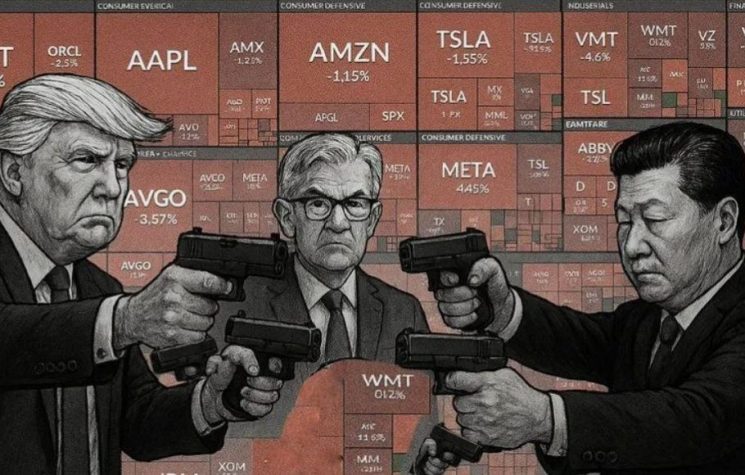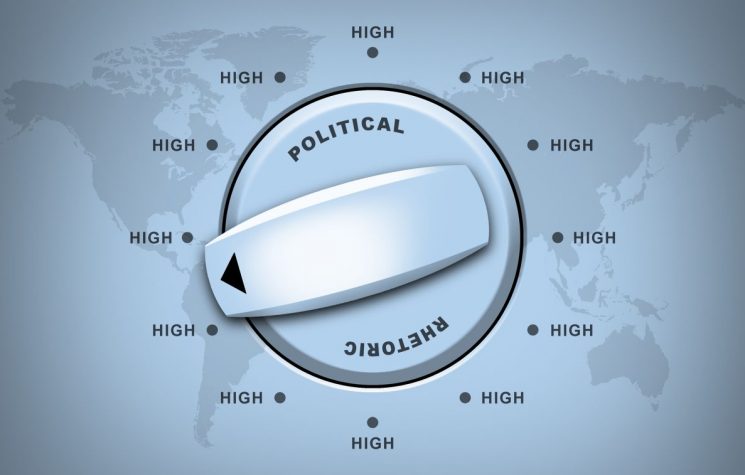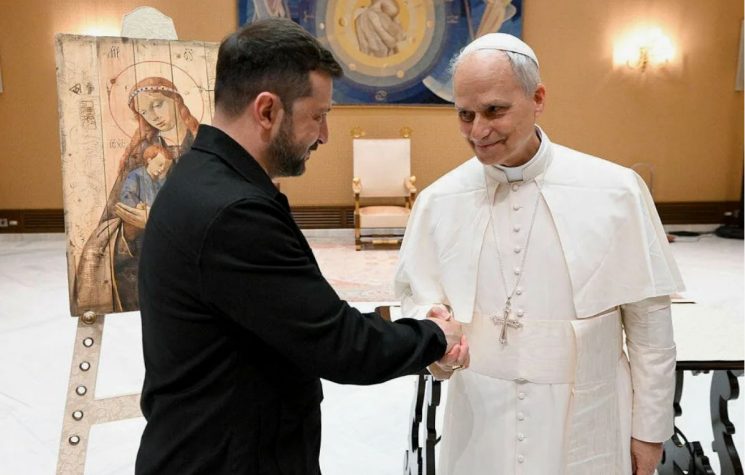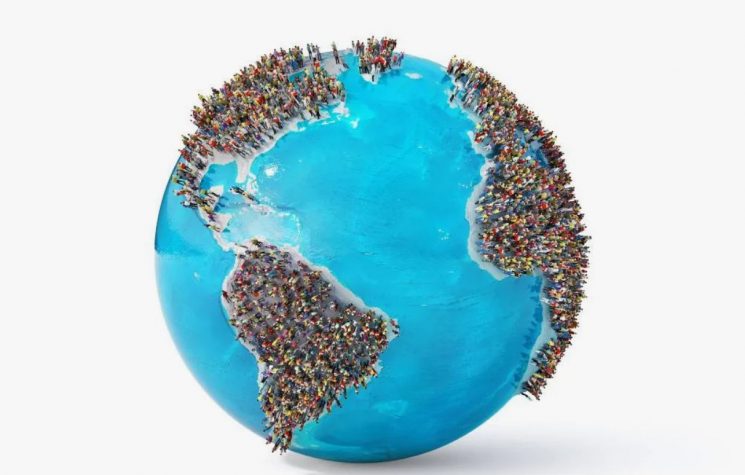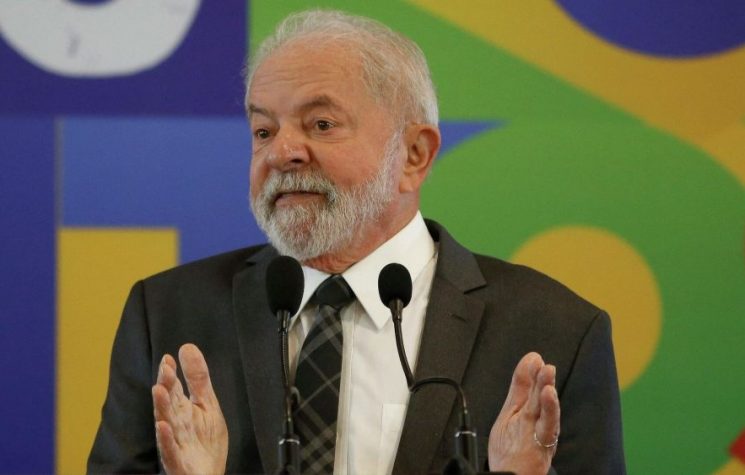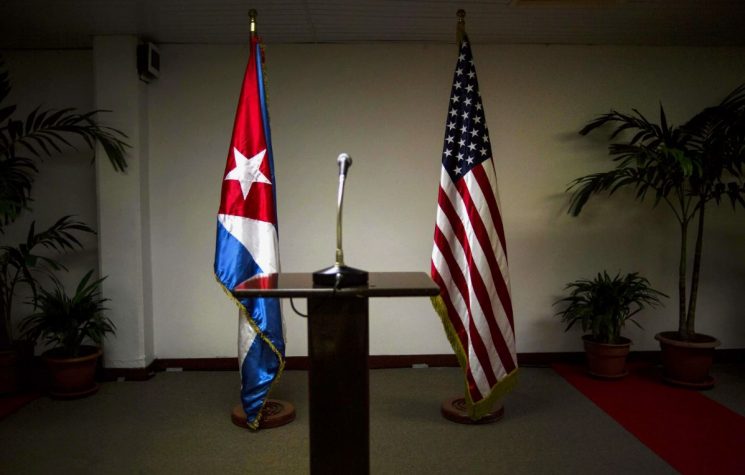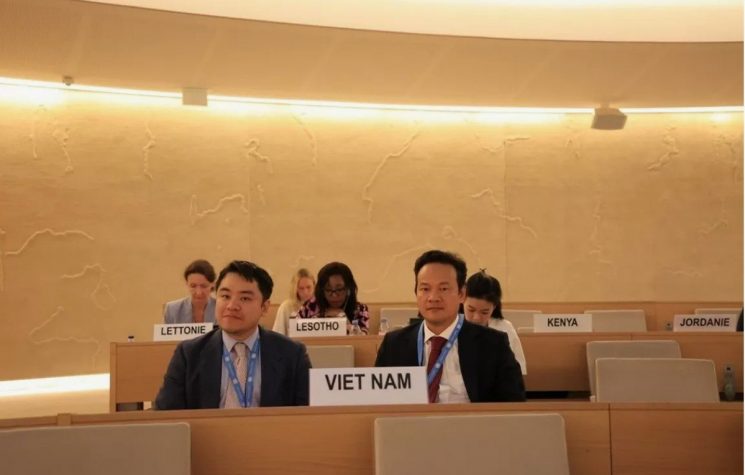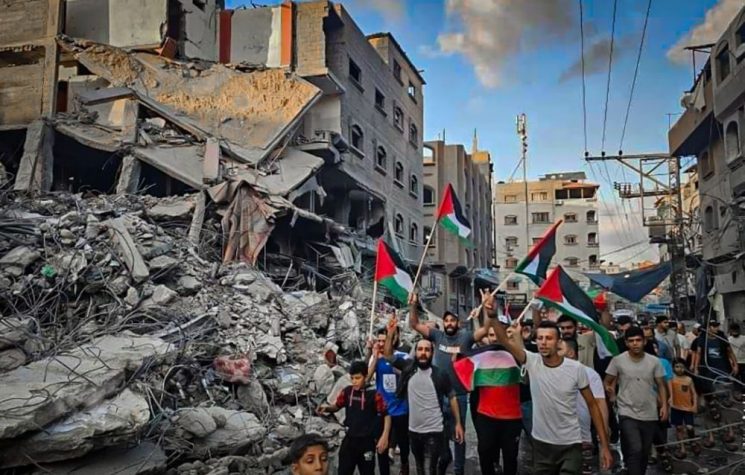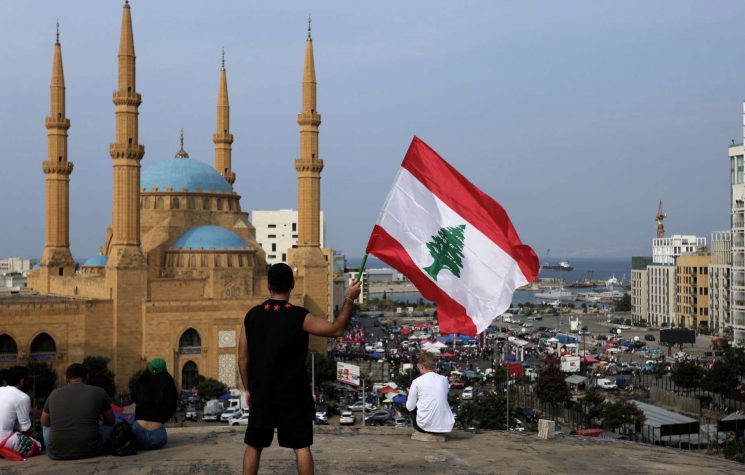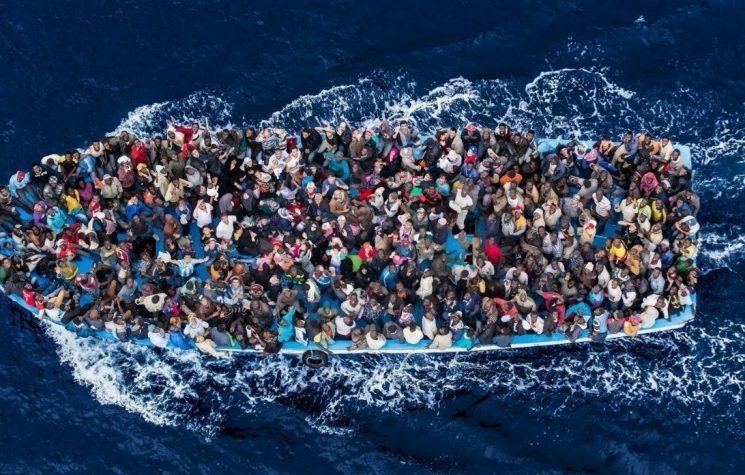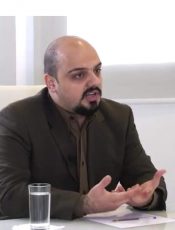Will the U.S. allow the Lebanese to save their economy while using their own resources?
❗️Join us on Telegram, Twitter, and VK.
Lebanon’s Minister of Foreign Affairs, Abdallah Bou Habib, shocked the UN on August 25 in New York by rejecting the proposal that is being forced upon Lebanon by the United States Ambassador Linda Thomas-Greenfield.
In a surprise act of national defiance, and rejection at being dictated to by Washington, Bou Habib would not acquiesce to moving to Chapter VII. Chapter VI calls for “the peaceful resolution of conflicts,” while Chapter VII “calls for the imposition of Resolution 1701 by force.”
At question is the yearly renewal of a UN mandate of the United Nations Interim Force in Lebanon (UNIFIL), set to expire August 31, which had been voluntary and mutually agreed upon by Lebanon and the UN. But the UN, primarily under the command of the U.S., has decided if Lebanon will not agree to the terms of the mandate, it will be forced upon them.
Bou Habib was in New York attending meeting concerning the UN mandated UNIFIL forces, and it was after meeting with the United States Representative to the United Nations, Ambassador Linda Thomas-Greenfield that Lebanon’s decision was made to reject the imposition of the mandate upon Lebanon by force, emanating from the heavy-handed treatment by Washington.
Thomas-Greenfield stressed the “U.S. support for securing a strong Security Council mandate to extend the mandate of the United Nations Interim Force in Lebanon, so it can fulfill its duties.” She also called for “addressing the activities of the organization ‘Green Without Borders,’ which the United States recently imposed sanctions on, for providing support and cover for Hezbollah’s operations in southern Lebanon along the Blue Line.”
The U.S. imposed sanctions Wednesday on the Lebanese environmental organization, ‘Green Without Borders’, a NGO established in 2013 which is protecting the Lebanese environment, and planting trees in devastated areas. According to the U.S. Treasury Department the NGO and its leader, Zouher Nahli, are linked to Hezbollah.
“We are not an arm for anyone,” Nahli told The Associated Press in January. “We as an environmental association work for all the people and we are not politicized.”
The U.S. is opposed to the Lebanese resistance group who are providing border protection on the southern border of Lebanon, against frequent Israeli provocations. The U.S. views the group as a terrorist group supported by Iran. In the view of the Lebanese people, the group is the only guarantee of security from invasion and occupation.
The South of Lebaobn
UNIFIL was created by the Security Council in March 1978 after the first Israeli invasion of Lebanon; however, since then Israel has made repeated incursions into Lebanon, and brutally occupied the entire southern portion for 18 years ending in 2000. While the Israeli military withdrew from the south, they remain occupying a very strategic agricultural section in the south called Shebaa Farms, and the UN has never recognized Shebaa Farms as an occupied area in Lebanon.
The 18 years of occupation of Lebanon by the Israeli military demonstrates the ineffectiveness of UNIFIL and the UN. Many in Lebanon accuse UNIFIL of acting to suppress resistance in southern Lebanon on behalf of Israel.
The dispute between Lebanon and the UN over Shebaa Farms centers on the UN falsely identifying the area as Syrian territory, when Syria and Lebanon jointly recognize the area as Lebanese territory clearly demarcated on older maps.
“Recognizing the land borders contributes to putting an end to the ongoing tensions,” Bou Habib added in a statement issued by the foreign ministry on 25 August.
In summer of 2006, Israel attempted a massive invasion of Lebanon, and while the Israeli ground troops were not able to take even on inch of territory, the Israeli air force bombed the country from north to south causing thousands of deaths and injuries and massive infrastructure damages.
Resolution 1701 was approved in 2006 after the Israeli army was defeated by Hezbollah in southern Lebanon, and calls for “a full cessation of hostilities” and “authorizes UNIFIL to take all necessary action in areas of deployment of its forces and as it deems within its capabilities, to ensure that its area of operations is not utilized for hostile activities of any kind.”
UNIFIL peacekeeping troops and the Lebanese Armed Forces (LAF) have a working relationship and conduct joint exercises, and Bou Habib referred to the necessity and importance of coordinating UNIFIL’s operations with the Lebanese government, represented by the Lebanese army, as stipulated in the UNIFIL’s known Status of Forces Agreement (SOFA).
Elias Al-Baysari, Lebanon’s Director General of General Security, said on Friday that the two suspects were arrested as they attempted to leave the country through Beirut’s Rafik Hariri International Airport. Initial investigation found they had been Mossad operatives, assigned to carry out operations inside Lebanon. Mossad is the Israeli secret spy agency working around the world. Lebanese security officials will reveal more details later about the Russian man and his wife after been tipped off by the Lebanese resistance.
The Lebanese economy has collapsed, but there is a chance to generate money from energy resources which have been discovered off-shore. Prime Minster Nijib Mikati, and Speaker of the Parliament Nabih Berri flew in a helicopter recently over Block 9 in the Mediterranean Sea to see for themselves the beginning of energy exploration for the financially failed country.
While Lebanon is drowning in financial collapse, there is the hope that the sea will give up its resources to save the country. There is the constant threat from Israel, and their supporter, the U.S. The question is whether the U.S. will allow the Lebanese to save their economy while using their own resources.










